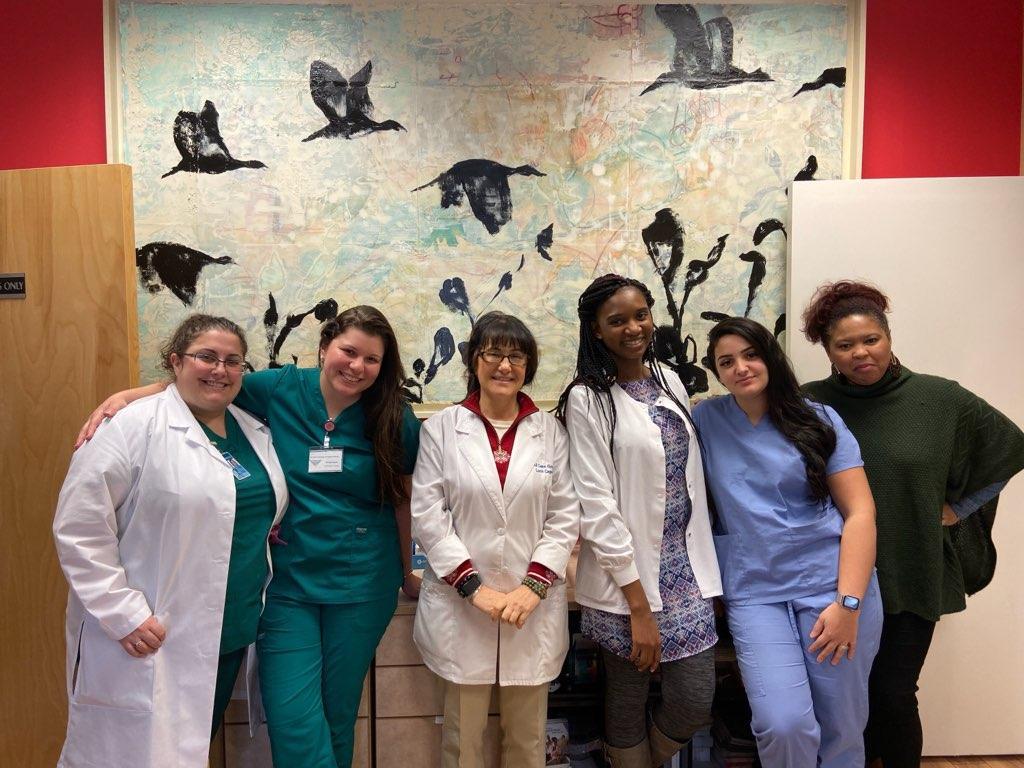In today’s interconnected world, the field of medicine is evolving at a rapid pace, and healthcare professionals must be equipped with a diverse set of skills and perspectives. One transformative way for medical students to gain such skills is by immersing themselves in different healthcare systems during medical school.
This experience offers a myriad of benefits, but let’s look into the four most crucial ones.
Cultural Competence: Bridging Gaps in Patient Care
Cultural competency plays a critical role in health outcomes. One of the primary benefits of experiencing different healthcare systems during medical school is the development of cultural competence. Understanding and respecting diverse cultural backgrounds is fundamental in providing effective patient care. Exposure to varied patient populations teaches medical students to navigate the nuances of cultural differences, ultimately fostering a more empathetic and patient-centered approach to medicine.
Global Perspective: Navigating the Complexity of Health on a Global Scale
As we saw with the COVID-19 pandemic, health is a global issue. Global perspectives are indispensable in addressing the intricate challenges of healthcare, especially with diseases that have an impact on an international scale. Exposure to diverse healthcare systems broadens medical students’ understanding of global health issues, disparities, and innovative solutions. This broader view encourages a holistic approach to medical practice and research, preparing students to contribute meaningfully to the global health conversation.
Adaptability: Thriving in Diverse Clinical Environments
In the ever-evolving landscape of healthcare, adaptability is a skill that cannot be overstated. Experiencing different healthcare systems challenges medical students to adapt to varying clinical settings, resources, and delivery models. This adaptability not only prepares students for the dynamic nature of their future profession but also instills a resilience that is invaluable in the face of unforeseen challenges.
Networking Opportunities: Building Bridges for Collaborative Healthcare
Networking on an international scale opens doors to collaboration, research, and career opportunities. Exposure to professionals from different countries allows medical students to build a global network of peers and mentors. These connections not only enhance their knowledge base but also lay the groundwork for collaborative efforts in research, policy-making, and medical practice, fostering a sense of unity in the pursuit of better healthcare worldwide.
Embracing Personal and Professional Growth
In addition to these four key benefits, the experience of working within different healthcare systems encourages personal growth. From residency applications, to fellowships, to research, global experience enhances students’ CVs, giving them a leg up following graduation.
Medical students undergo a transformative journey of self-reflection, adaptability, and resilience. They emerge from this experience not only as more skilled and knowledgeable healthcare professionals but as individuals who are better equipped to navigate the complexities of a globalized world.
Searching for ways to expand U.S. clinical training opportunities for your students? AMO’s 400+ clinical training sites help your students find programs in the specialties and locations that work for them.
Want to take it a step further? Connect with our partnership team to discuss creating cohort opportunities for your students. Email partnerships@amopportunities.org to get started







Leave A Comment